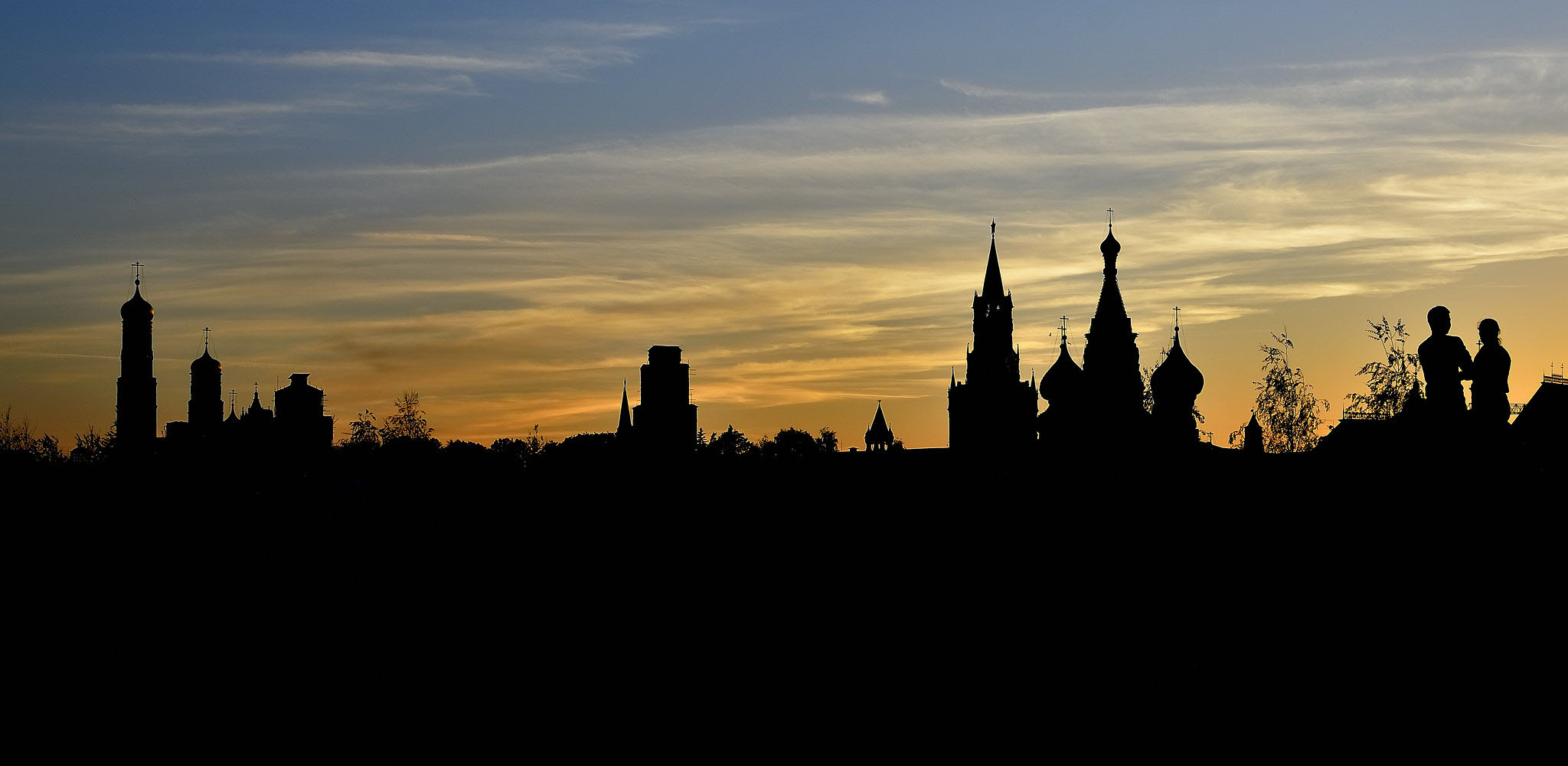The seminar will be held at 221 Nassau Street, 2nd Floor, from 12:30 to 2:00 p.m.
You are welcome to bring your lunch. There is no need to RSVP.
Russia, as a permanent member of the United Nations Security Council, a Nuclear Non-Proliferation Treaty founder, technology supplier, trading partner and neighbor to both Iran and North Korea, has played an important role for many years in international diplomatic efforts to manage the crises surrounding the nuclear programs in these two countries. Moscow remains a party to the JCPOA agreed with Iran despite US withdrawal from the deal in May 2018, and it continues to work on the project to expand the Bushehr nuclear power plant in Iran. At the same time, Russia, is ramping up the frequency and the level of political contacts with Pyongyang, demonstrating its readiness to play an important role in reducing the nuclear risks on the Korean peninsula. This presentation will focus on the challenges and outlook for nuclear diplomacy with Tehran and Pyongyang, as seen from Moscow.
About the speaker: Anton Khlopkov is Director of the Center for Energy and Security Studies (CENESS), based in Moscow, and Chairman of the annual Moscow Nonproliferation Conference. He leads CENESS projects to pursue Track II dialogue on pressing nuclear issues with experts from Iran and North Korea. He paid ten separate visits to Pyongyang in 2012–2019. At the invitation of the Atomic Energy Organization of Iran, he visited several Iranian nuclear facilities, including the Bushehr nuclear power plant and the Tehran Nuclear Research Center. Khlopkov is the author and co-author of the reports and monographs: ‘Iran’s Nuclear Program in the Russia-US Relations’, ‘At the Nuclear Threshold: The Lessons of North Korea and Iran for the Nuclear Non-Proliferation Regime’, and ‘Prospects for Nuclear Power in the Middle East: Russia’s Interests’. He graduated from the Moscow Engineering Physics Institute (MEPhI, now the National Research Nuclear University).
